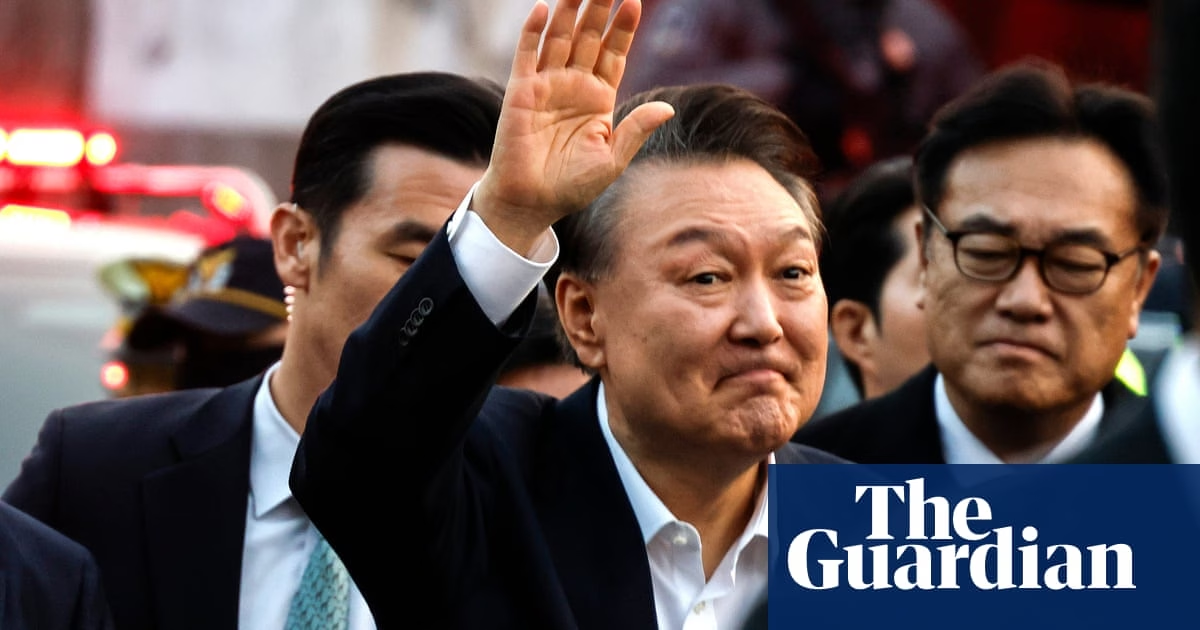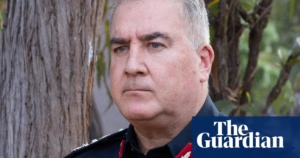Former South Korean President Yoon Suk Yeol, who was impeached, has been released from prison after a Seoul court annulled his detention and allowed him to face trial for insurrection without being detained.
Yoon left a detention center near Seoul, acknowledging the court’s decision and thanking his supporters, before heading to his presidential residence in the capital.
Thousands of supporters and opponents of Yoon took to the streets of Seoul, with about 55,000 backing Yoon and 32,500 people protesting against him.
Despite strong opposition, a Gallup Korea poll shows that 60% of respondents believe Yoon should be removed from office.
Yoon was arrested in January and charged with treason for declaring martial law, which sparked political unrest. The National Assembly, controlled by the liberal opposition, impeached him, but the constitutional court is still deliberating on the matter.
The Seoul court released Yoon, citing concerns over the legality of the investigation and claims that the investigative agency lacked authority.
Prosecutors chose not to appeal the court’s decision, South Korean law allows them to continue holding a suspect even after a court cancels their detention during an appeal.
The Democratic Party, which spearheaded Yoon’s impeachment, criticized prosecutors and urged the constitutional court to dismiss Yoon quickly to prevent further public unrest.
If convicted of rebellion, Yoon would face the death penalty or life imprisonment, as his presidential immunity does not cover such offenses.
Yoon defended his martial law declaration, claiming he intended to inform the public of the Democratic party’s alleged obstruction of his agenda.
The polarizing issue has divided South Korea, and experts predict that the constitutional court’s decision will widen the political divide.
Reuters and Associated Press contributed to this report








